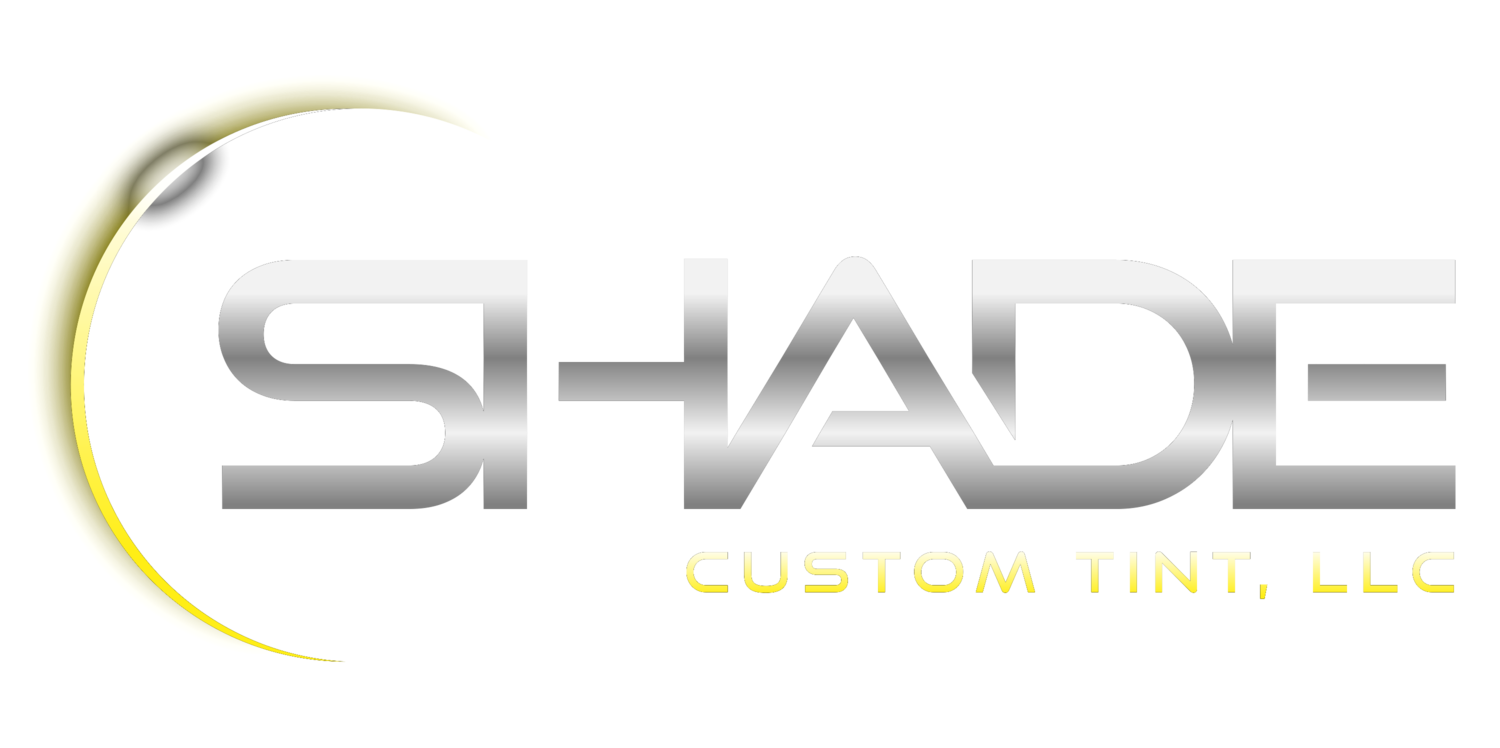Growing Demand for Energy Efficient Construction
People are becoming more aware of the environmental impact their actions have. This has never been truer than when building a home. Fortunately, there are many ways that construction companies and homeowners can make environmentally responsible choices when building. Window tint installation can make a substantial impact on the building’s energy efficiency. The greatest impact is in decreasing overhead costs and by improving the safety and security of the people within.
A patent for window film was first applied for in 1961 for a metalized solar control window film. Research and development of many different types of window film has gone on for more than 50 years now. These products have been subjected to rigorous field testing procedures in terms of their corrosion, electromagnetic interference shielding, windstorm, intensified weathering, blast mitigation, abrasion resistance, UV protection and more. Depending on what exactly you are hoping to achieve with window tint products, qualified technicians can help you to choose the best product to meet these particular needs.
“Window film conserves energy and reduces heat gain and loss through windows all year long - substantially reducing HVAC expense. These films can reduce AC costs by blocking up to 73% of the sun’s heat in warmer months and reducing heat loss by up to 30% in colder months.”
According to a recent article published in the New England Real Estate Journal Network, some of the window films available can increase a building’s efficiency by blocking up to 73% of the sun’s heat in warmer months. This means that residents will rely on air conditioning far less when they are in spaces protected by this window tint. In the cold winter months, heat loss can be reduced up to 30% by the same products. Not only does this mean that there is less need to use limited natural resources, it also means that costs are greatly reduced for monthly heating and cooling bills. In fact, many of these window film products meet LEED Energy and Atmosphere Prerequisites and qualify for LEED credits. The cost for film and installment can easily pay for itself within the first few months of lowered energy bills.
Another benefit of using window film in building construction is that it can vastly increase a building’s safety and security. In recent years, the increase in both local and global levels of terrorist activities has made people more aware of the needs for building safety. Window film can be purchased specifically with these needs in mind that has been put through rigorous blast testing. These tints can help to hold glass in place in the window frame after it has been struck. This virtually invisible security measure allows buildings to keep a low profile while also reducing the risk of injury or damage to buildings because of violent weather, attacks or vandalism. This decreases costs for replacement windows.
As owners become more aware of the challenges the modern world presents, the demand for more efficient construction techniques greatly increases. Window film has several benefits and can easily be used to retrofit windows to make them more energy efficient as well as provide more safety and security for the people within. The costs for installing window tint are easily recouped over time with the energy savings on monthly heating and cooling bills.



